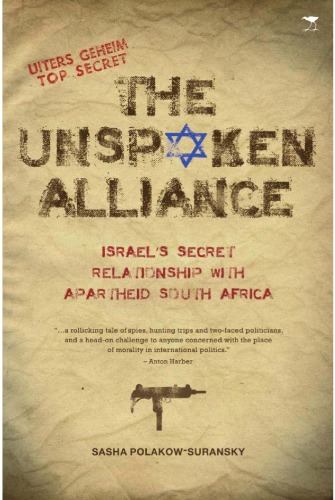

Most ebook files are in PDF format, so you can easily read them using various software such as Foxit Reader or directly on the Google Chrome browser.
Some ebook files are released by publishers in other formats such as .awz, .mobi, .epub, .fb2, etc. You may need to install specific software to read these formats on mobile/PC, such as Calibre.
Please read the tutorial at this link: https://ebookbell.com/faq
We offer FREE conversion to the popular formats you request; however, this may take some time. Therefore, right after payment, please email us, and we will try to provide the service as quickly as possible.
For some exceptional file formats or broken links (if any), please refrain from opening any disputes. Instead, email us first, and we will try to assist within a maximum of 6 hours.
EbookBell Team

0.0
0 reviewsPrior to the Six-Day War, Israel was a darling of the international left: socialist idealists like David Ben-Gurion and Golda Meir vocally opposed apartheid and built alliances with black leaders in newly independent African nations. South Africa, for its part, was controlled by a regime of Afrikaner nationalists who had enthusiastically supported Hitler during World War II.
But after Israel’s occupation of Palestinian territories in 1967, the country found itself estranged from former allies and threatened anew by old enemies. As both states became international pariahs, their covert military relationship blossomed: they exchanged billions of dollars’ worth of extremely sensitive material, including nuclear technology, boosting Israel’s sagging economy and strengthening the beleaguered apartheid regime.
By the time the right-wing Likud Party came to power in 1977, Israel had all but abandoned the moralism of its founders in favor of close and lucrative ties with South Africa. For nearly twenty years, Israel denied these ties, claiming that it opposed apartheid on moral and religious grounds even as it secretly supplied the arsenal of a white supremacist government.
Sasha Polakow-Suransky reveals the previously classified details of countless arms deals conducted behind the backs of Israel’s own diplomatic corps and in violation of a United Nations arms embargo. Based on extensive archival research and exclusive interviews with former generals and high-level government officials in both countries, The Unspoken Alliance tells a troubling story of Cold War paranoia, moral compromises, and Israel’s estrangement from the left.
It is essential reading for anyone interested in Israel’s history and its future